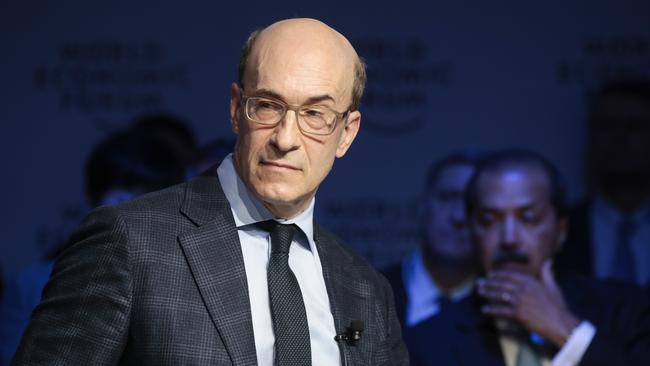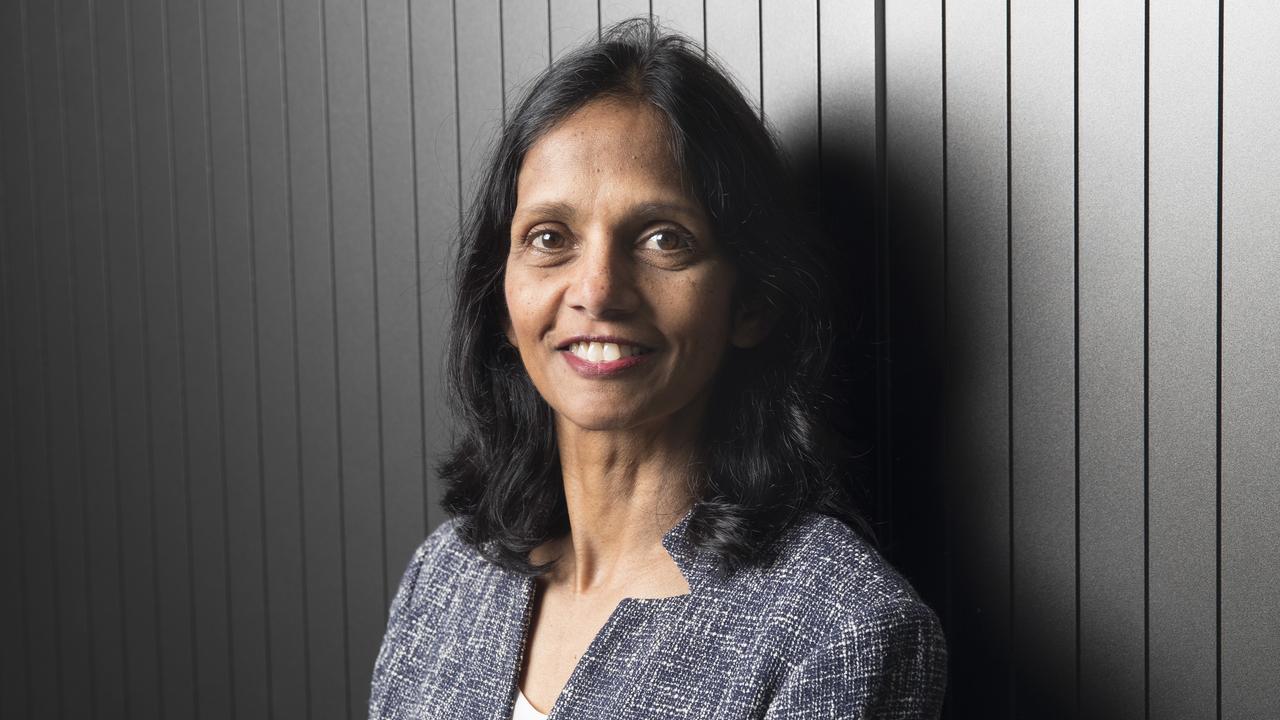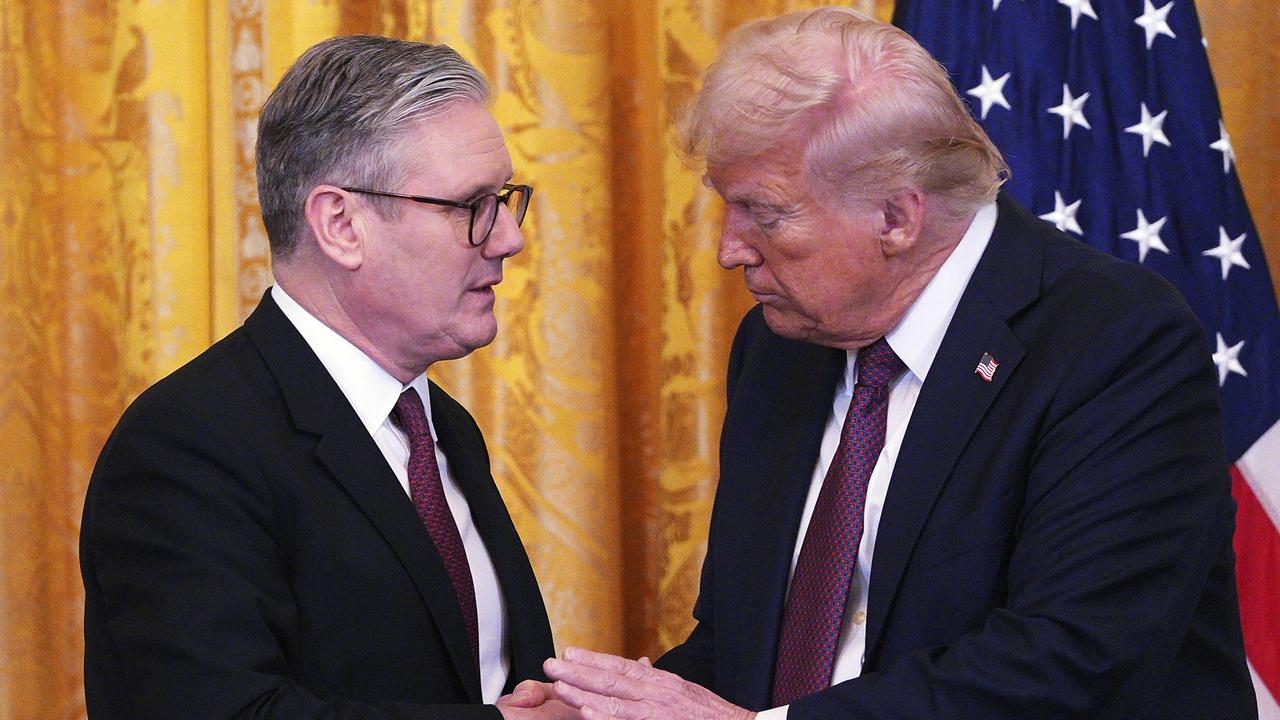Trump’s tariffs pave way for anti-trade brigade in the US
Economist Kenneth Rogoff fears Donald Trump’s new tariffs pave the way for a ‘young Bernie Sanders’ to become US president.

Kenneth Rogoff, one of the world’s top economists, fears Donald Trump’s “grandstanding” on new tariffs on steel and aluminium is laying the groundwork for a “young Bernie Sanders” to become president on the back of worrying surge in antitrade sentiment in the world’s largest economy.
The Harvard professor and former chief economist of the International Monetary Fund added that the president’s “reckless” corporate tax cut that saw the headline US rate plunge from 35 per cent to 21 per cent would blow out US government deficits to the equivalent of 5 per cent of GDP (more than double Australia’s), leaving the country vulnerable to rising interest rates.
“We won’t have an Argentina-style crisis, but there will be tension between a Fed that wants to keep inflation low and a US government that wants to not have too much austerity too fast,” he said, foreshadowing a “pretty ugly” adjustment in sharemarket prices.
Professor Rogoff told an investment conference in Sydney, alongside BHP chief Andrew McKenzie and Magellan boss Hamish Douglass, that he expected the Federal Reserve to lift US official rates four times as global economic growth accelerated.
A few hours earlier, the Reserve Bank Board announced it would, as expected, keep the local official interest rate at 1.5 per cent for the 17th meeting in a row.
“When I look out at the US at the moment and ask what’s the thing I fear most, it’s Donald Trump undermining the Fed’s independence,” Professor Rogoff said, suggesting the US central bank was “very nervous about what it would do if there were another recession”.
“Because of that they’re going to let inflation drift (up) more than they would normally,” he added.
The Reserve Bank governor Phillip Lowe’s monthly statement on monetary policy shrugged off fears of a protectionist backlash in the wake of the US President’s plan, announced in a series of tweets last week, to put tariffs of 25 per cent and 10 per cent on imported steel and aluminium.
“The low level of interest rates is continuing to support the Australian economy. Further progress in reducing unemployment and having inflation return to target is expected, although this progress is likely to be gradual,” it says, in a statement that was almost identical to the previous month’s. “Growth picked up in the Asian economies in 2017, partly supported by increased international trade,” it adds.
A bout of cautious speeches by senior RBA officials and persistently weak inflation readings have dragged down the chance of even one interest rate increase this year to about 50 per cent, according to prices in financial markets yesterday.
In the US, by contrast, official rates are expected to rise this year from their current range of 1.25 per cent to 1.5 per cent.
Mr Douglass said long-term interest rates — 2.9 per cent in the US — could jump sharply this year. “If they jumped to 4 or 4 plus per cent I don’t think people are prepared in asset pricing sense.
“The US tax cuts only a tiny bit of asset price growth,” he said, suggesting artificially low interest rates were the main reason asset values had become so inflated globally.
Professor Rogoff said the politics of the tariffs on steel and aluminium mattered more than their immediate impact.
“It’s a very popular idea at the moment (in the US). What happens when Trump is out of office and replaced by a younger Bernie Sanders? I’m concerned about US leadership in free trade,” he said. “I really don’t see Trump at the end of day widely extending these tariffs; he wants to be a winner and he has enough people telling him it’s idiotic,” he added.
Professor Rogoff applauded the structure of the US corporate tax reform, which provides for immediate write-off of investment, but suggested a reduction to 25 per cent would have been more fiscally responsible.
Mr McKenzie said the Turnbull government’s plan to cut the company tax rate to 25 per cent by 2026 was of “fundamental importance”.
“This idea that we can’t afford it — we can’t afford not to,” he exclaimed. “What’s the point of upskilling in education if we’re not investing in the capital that creates the jobs these people can work in?”




To join the conversation, please log in. Don't have an account? Register
Join the conversation, you are commenting as Logout